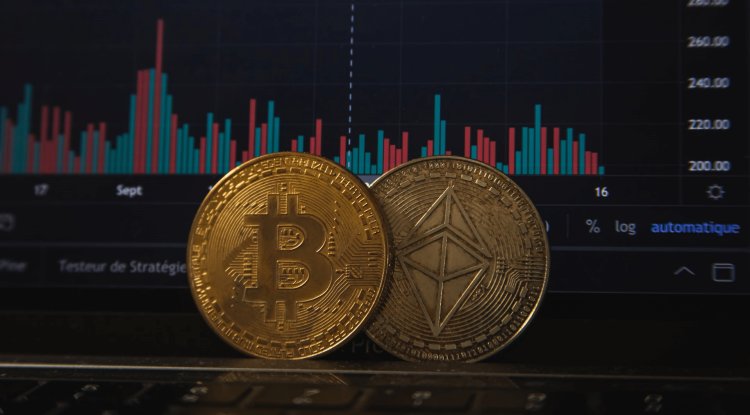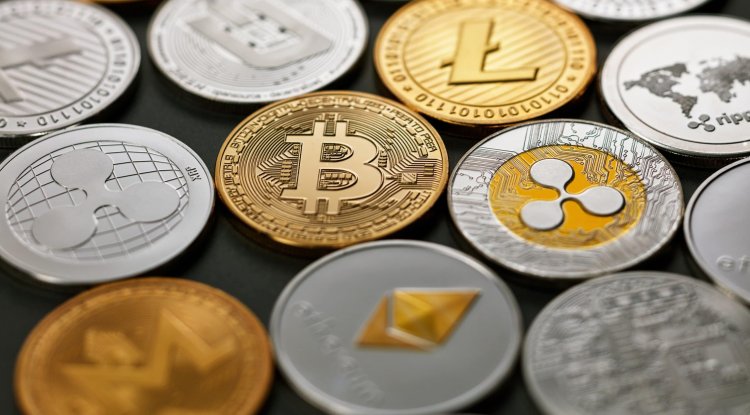What will be the future of Bitcoin?
The future of Bitcoin can only be guessed at, but one academician warned that the world's most popular cryptocurrency could disappear in the near future.

The future of Bitcoin can only be guessed at, but one academician warned that the world's most popular cryptocurrency could disappear in the near future. Bitcoin's price is down
Eswar Prasad, a senior professor of international trade policy at Cornell University, said earlier this month: " Bitcoin alone may not last that long."
The price of Bitcoin has been very volatile over the last few years, and in the last month, the price of one Bitcoin has dropped from about $ 58,000 to less than $ 46,000.
While there used to be only a few cryptocurrencies, today there are hundreds, and some of them are more useful and environmentally friendly than Bitcoin.
Blockchain is the core technology for most cryptocurrencies. It is essentially a digital book of virtual currency transactions that is distributed across the global computer network.
" Bitcoin's use of Blockchain technology is not very effective," said Prasad, author of The Future of Money: How the Digital Revolution Transforms Currencies and Finance.
Cryptocurrency "uses the validation mechanism for environmentally destructive transactions" and "does not increase very well". "Certainly, the carbon footprint of Bitcoin is bigger than the whole of New Zealand," Prasad said. Bitcoin started a revolution
Prasad said that some of the newer cryptocurrencies use Blockchain technology far more efficiently than Bitcoin.
He believes that Blockchain technology will be "fundamentally transformative" in the way it is financed and in the way we conduct our day-to-day transactions, such as buying a house or a car.
"Given that Bitcoin does not serve well as a medium of exchange, I do not think it will have any fundamental value, whatever the investor's faith," Prasad said .
Generally speaking, cryptocurrencies "set fire to central banks, to begin with, in order to start thinking about issuing digital versions of their own currencies", Prasad said.
He added that such digital currencies could be useful because they can provide a cheap payment option that everyone has access to, thus increasing financial inclusion and potentially financial stability.
"As much as you may not like Bitcoin , it has really started a revolution that could ultimately benefit us all directly or indirectly," Prasad said .





































